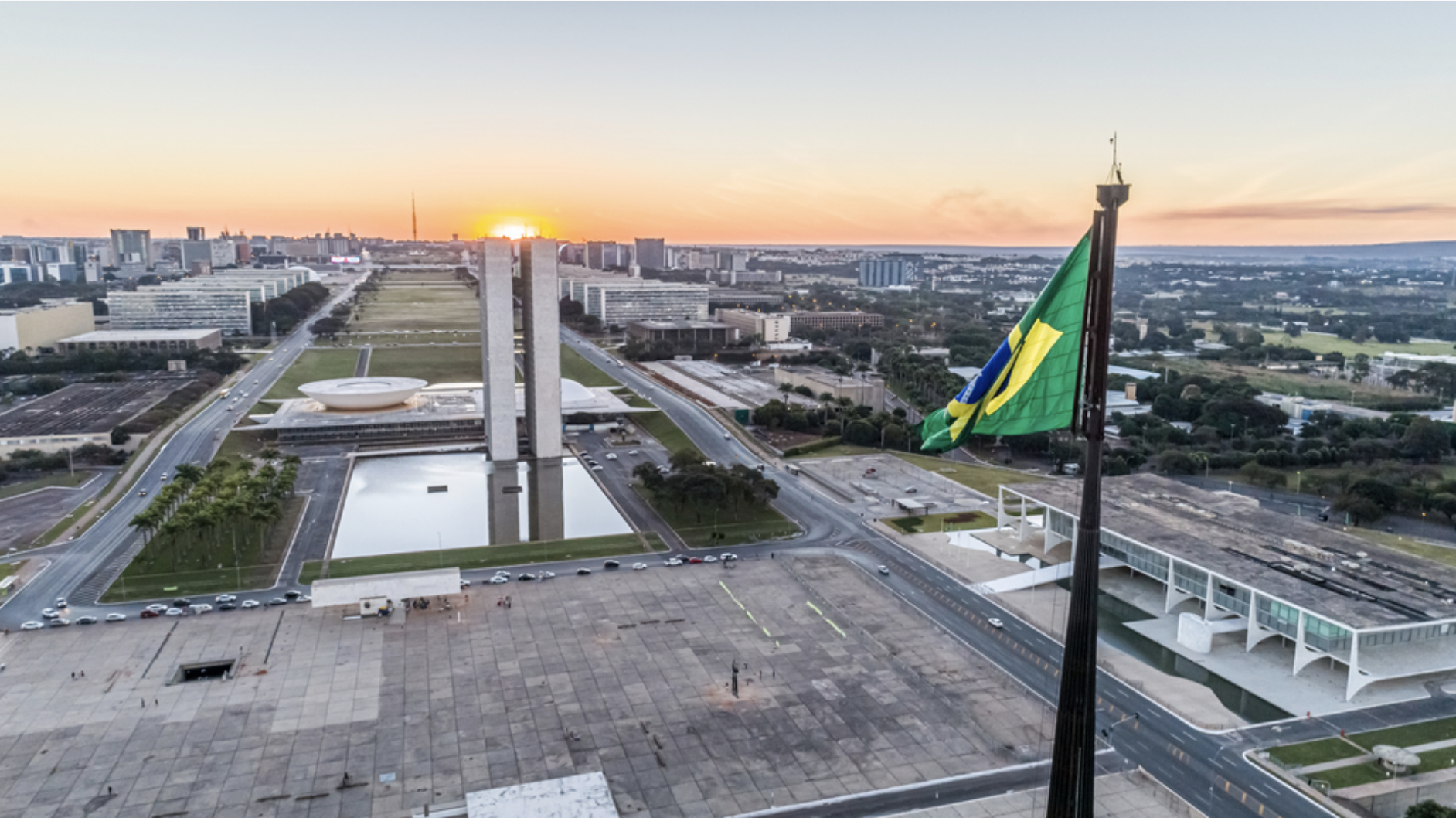Latin America’s largest nation seems to have digested its armed insurgency better than the U.S. did.
Contrasting the harrowing scenes on January 8, 2023, when supporters of former President Jair Bolsonaro stormed Congress, the presidential palace, and the Supreme Court, the aftermath of the court ruling that turned Mr. Bolsonaro ineligible in late June suggests Brazil has overcome its worst political crisis in decades. Contrary to fears that Bolsonaro supporters would take to the streets in reaction to the ruling, the country swiftly moved forward.
Even the scenario of Mr. Bolsonaro’s arrest — increasingly realistic given the evidence that is piling up — is not expected to lead to serious instability, a remarkable change from the tense situation late last year, when supporters of the former president temporarily blocked highways and thousands protested across the country against his election defeat.
Compared to the U.S., where the attacks of January 6, 2021 seem to only have deepened polarization and increased political risk, the January 8 insurgency in Brazil thus seems to have left fewer scars and can be seen as the apex of political instability.
Unlike Donald Trump’s staying power after his electoral defeat in 2020, Mr. Bolsonaro’s failure to position himself as the leader of the opposition — which would have been the most likely scenario considering that he received more votes than any other second-placed candidate in history — is the biggest surprise in Brazilian politics since the beginning of the year.
The former president has so far been unable to recover from his defeat followed by a 3-months long stay in Florida during which he largely fell silent and stopped sharing information with his followers; pro-Bolsonaro groups on social media have long lost their verve. In a remarkable display of weakness and growing….









